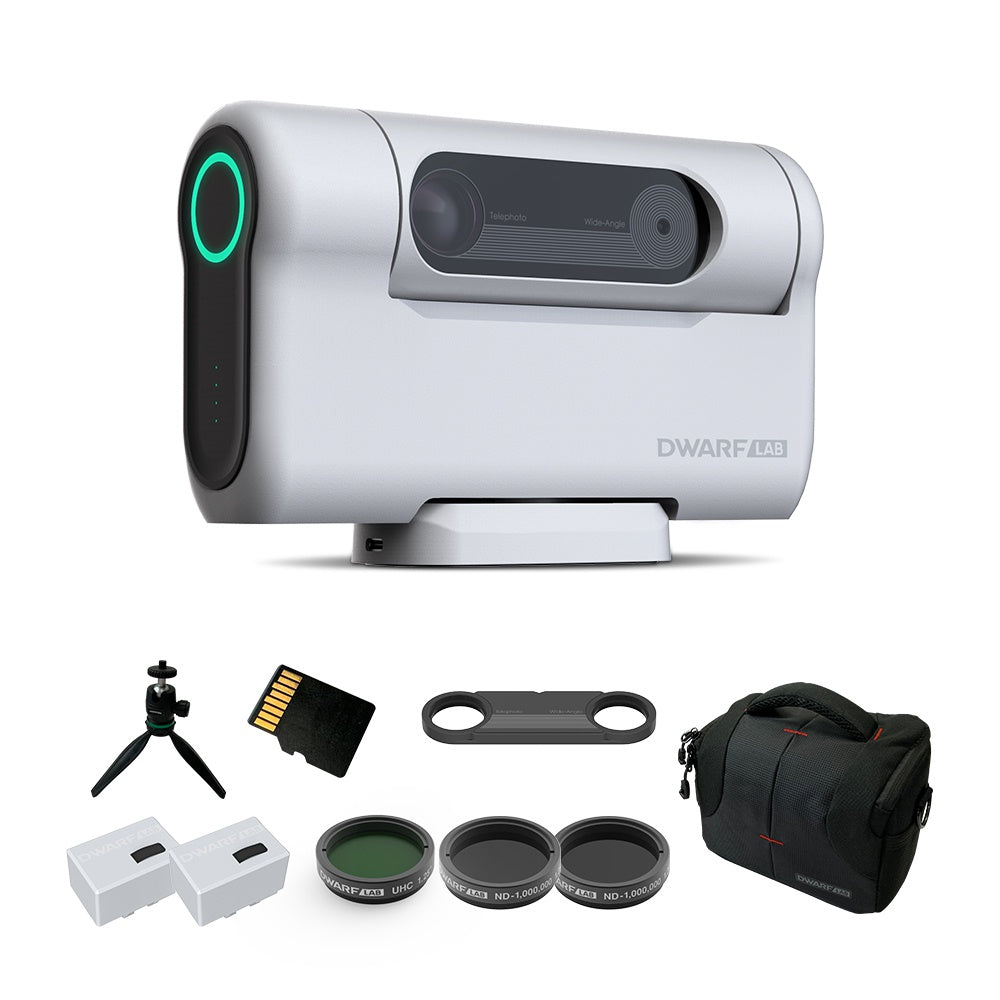Amateur Astronomy
Under Construction
Astronomy is both a science and a pastime that can be practiced using only basic equipment and without being an expert
The rewards of astronomy were never more accessible than they are today. The recent profusion of spectacular images, the explosion of knowledge and technical possibilities, the ubiquitous presence of the Internet, and the widespread accessibility to equipment have catapulted popular astronomy into a new era.
Astronomy can be practiced during the day or night. In the daytime, it is possible to observe the Moon, several planets, and our own star, the Sun. It is dangerous to view the Sun directly. Instead, you should project its image onto a cardboard screen using binoculars or a telescope, or install special filters onto a telescope before looking through it. Solar spots, which are dark regions on the Sun’s surface, are easily seen when viewing the Sun using these methods.
At night, the entire sky becomes available for study. Whether poetic notions or scientific intentions fuel your pursuits, you should prepare yourself in advance. For starters, make sure you will be dressed in warm and comfortable clothes: it is surprising how cold you can become when remaining stationary for long periods of time at night, even in summer. Consider bringing music: it can add to the enjoyment of your stargazing experience.
At some point, you will want to add a refracting or reflecting telescope to push your observations to the next level. The most important feature of a telescope is its optical precision of its optical components. Look for well-known brands that have established and reliable reputations. Newtonian-type telescopes are generally more affordable due to their simple design.
At the other end of the spectrum are amateur telescopes that are as powerful as those used by professionals thanks to computers and CCD cameras. In some cases, the telescope can be left outside while you make your observations from inside, comfortably seated in front of your computer.
DWARF II Smart Telescope
Introducing DWARF II – the world’s most portable smart telescope controlled by the mobile app DWARFLAB.
Are you an amateur astronomer, bird watcher, or wildlife photographer? Well, DWARF II is exactly what you need.
Luckily for those who do not own a telescope, there are many astronomy clubs with members who share a passion for space and are more than happy to let others look through their telescopes. Do not hesitate to contact an astronomy club: the people are invariably a very welcoming bunch.
Share this:
- Click to share on Facebook (Opens in new window) Facebook
- Click to share on X (Opens in new window) X
- Click to share on Bluesky (Opens in new window) Bluesky
- Click to share on Threads (Opens in new window) Threads
- Click to share on Mastodon (Opens in new window) Mastodon
- Click to share on Pinterest (Opens in new window) Pinterest
- Click to share on LinkedIn (Opens in new window) LinkedIn
- Click to share on Reddit (Opens in new window) Reddit
- Click to share on Tumblr (Opens in new window) Tumblr
- Click to email a link to a friend (Opens in new window) Email









